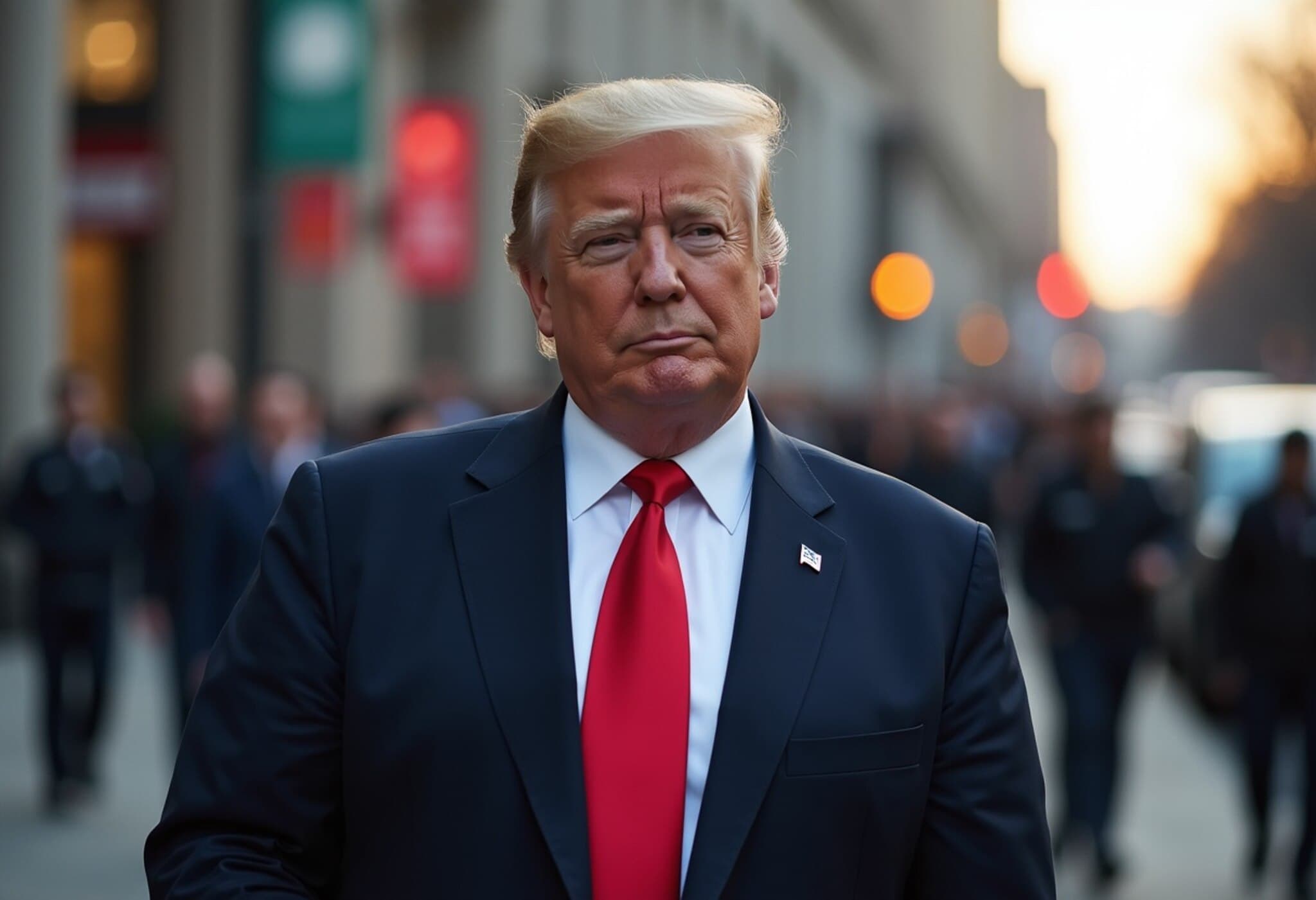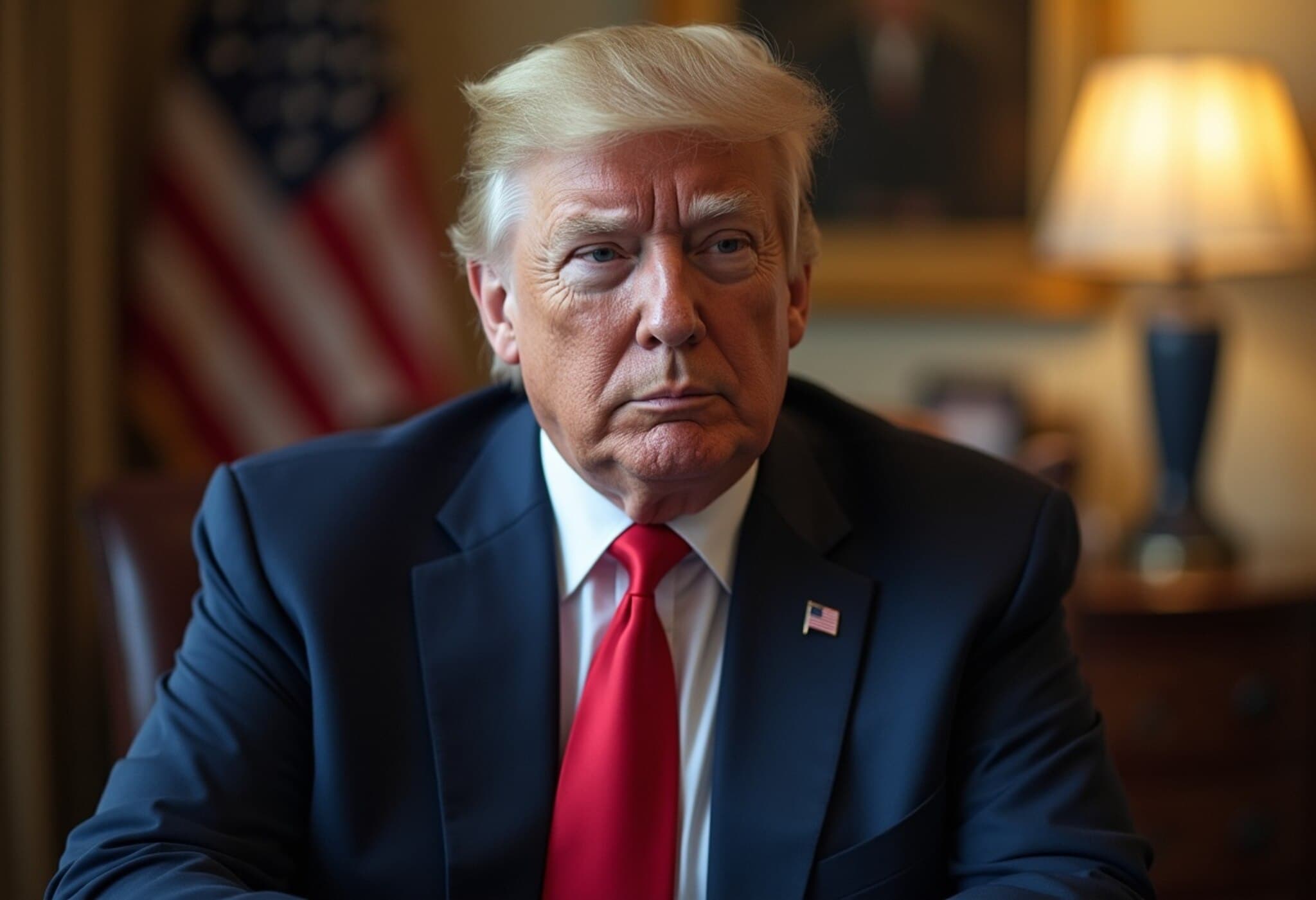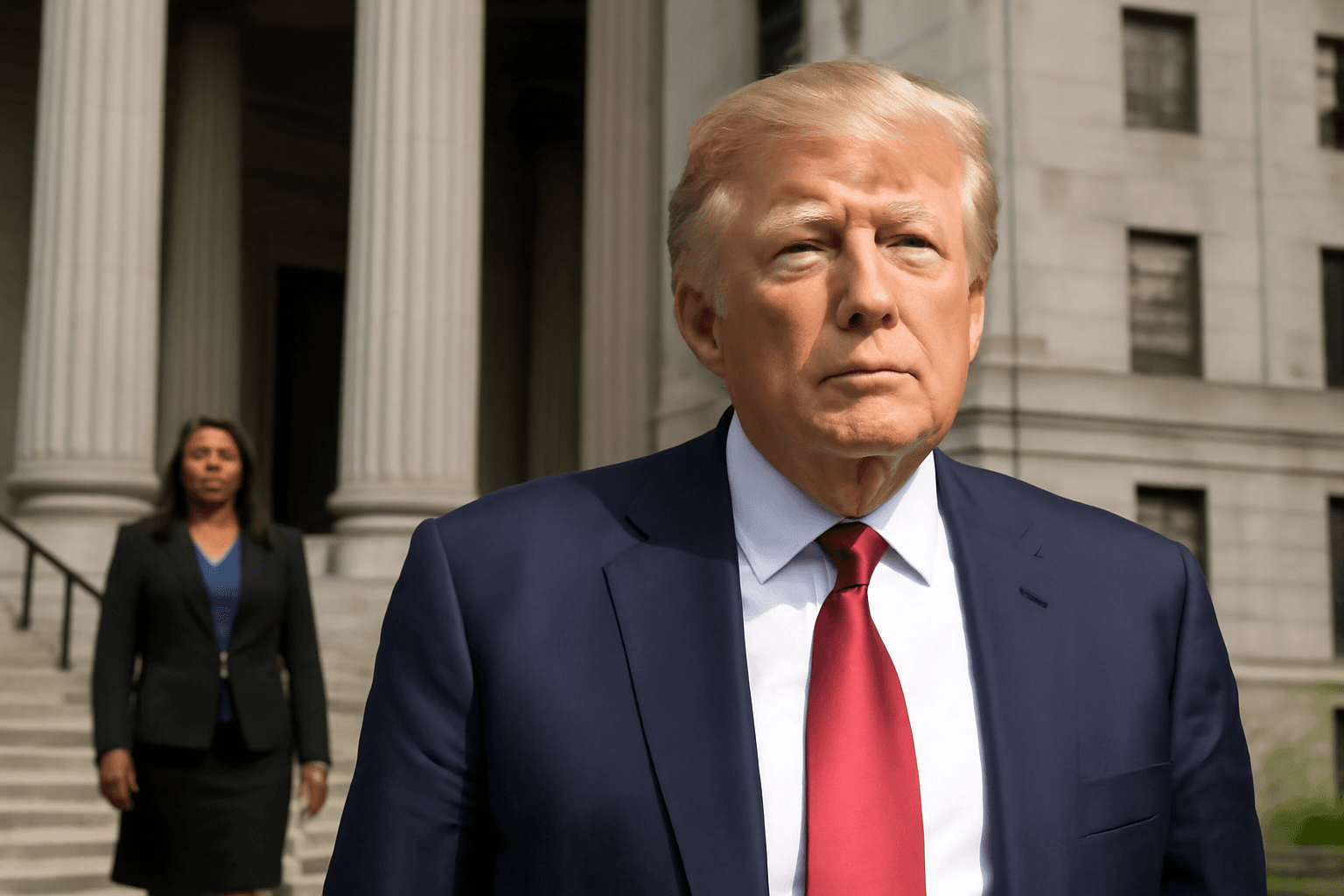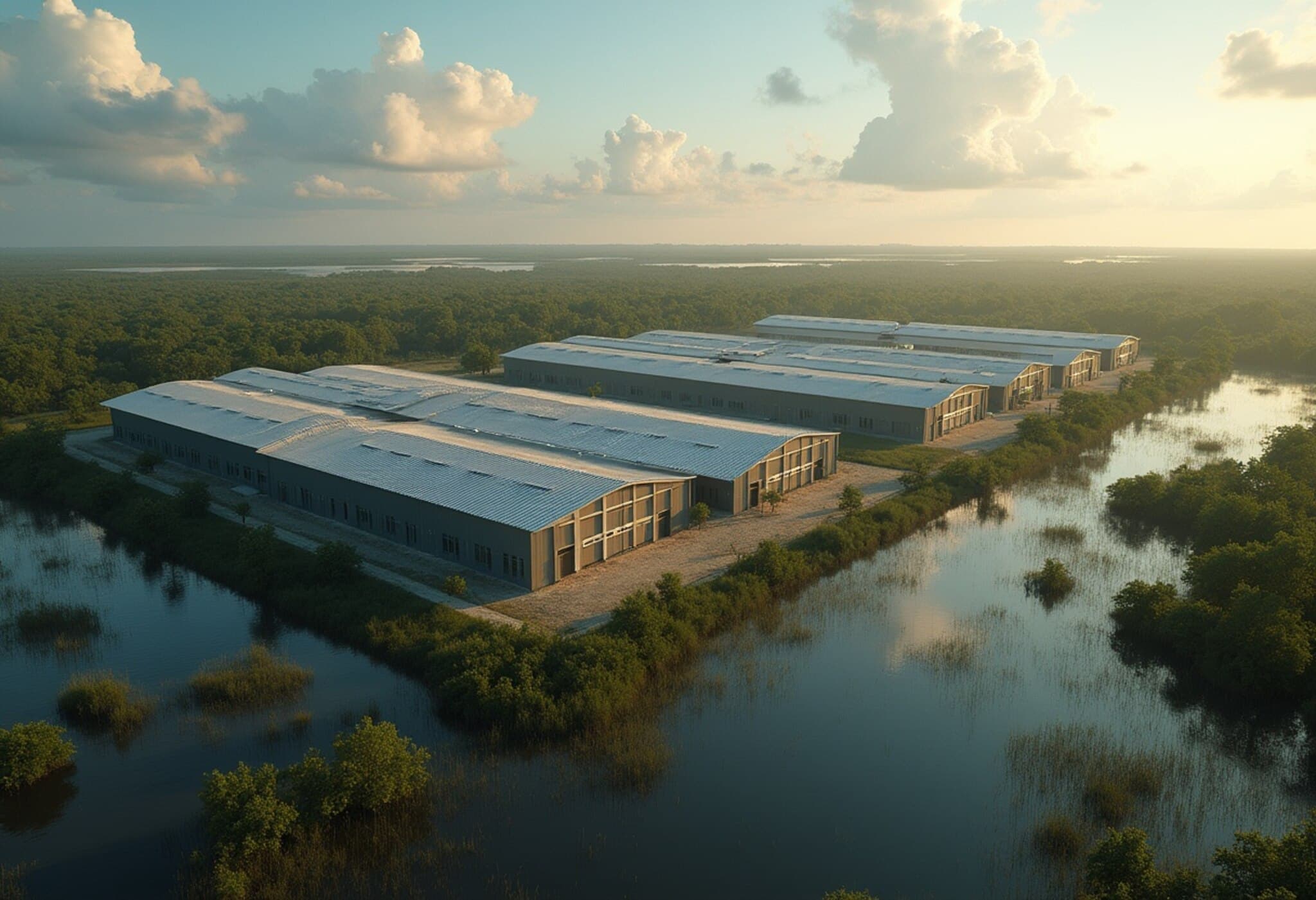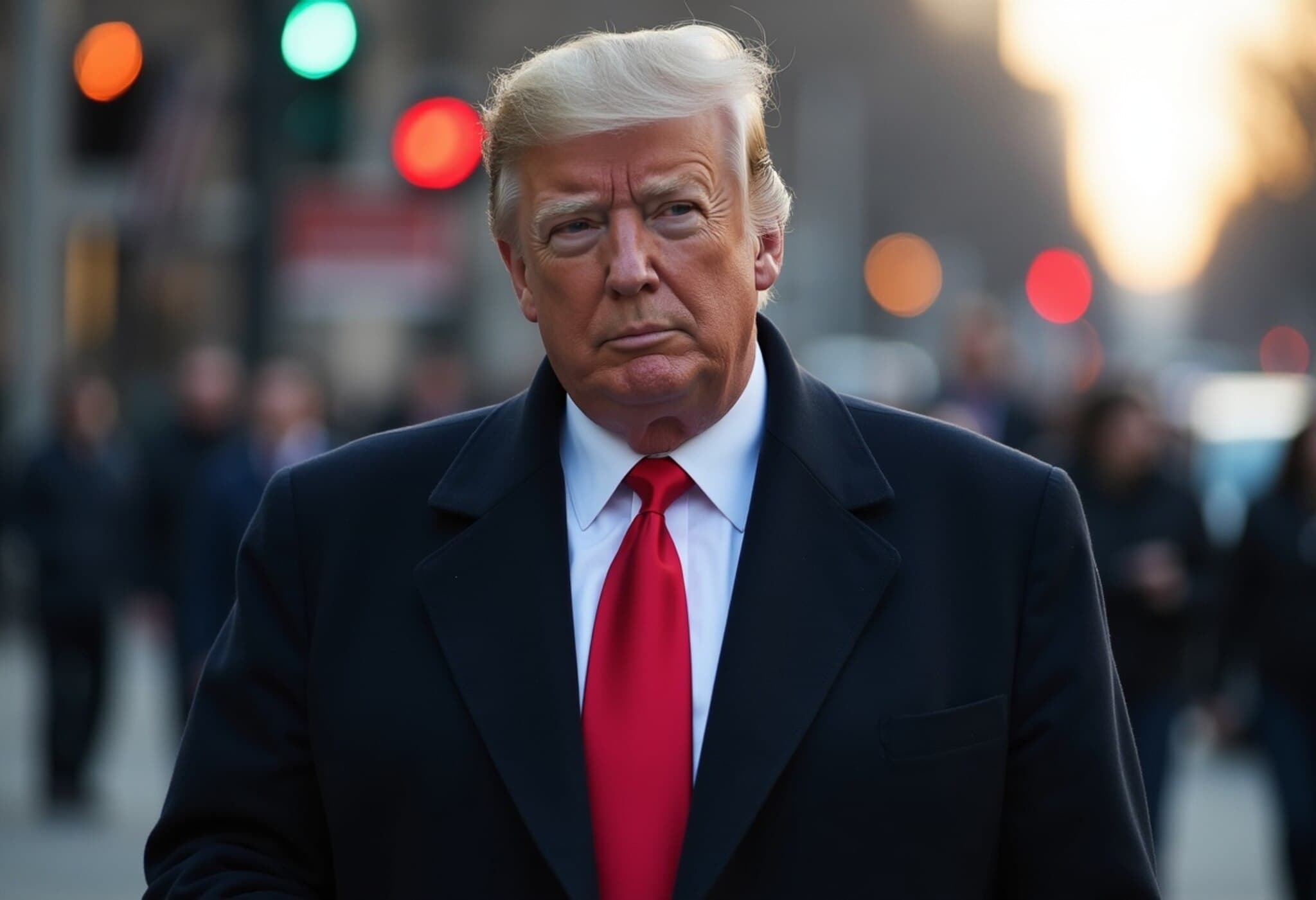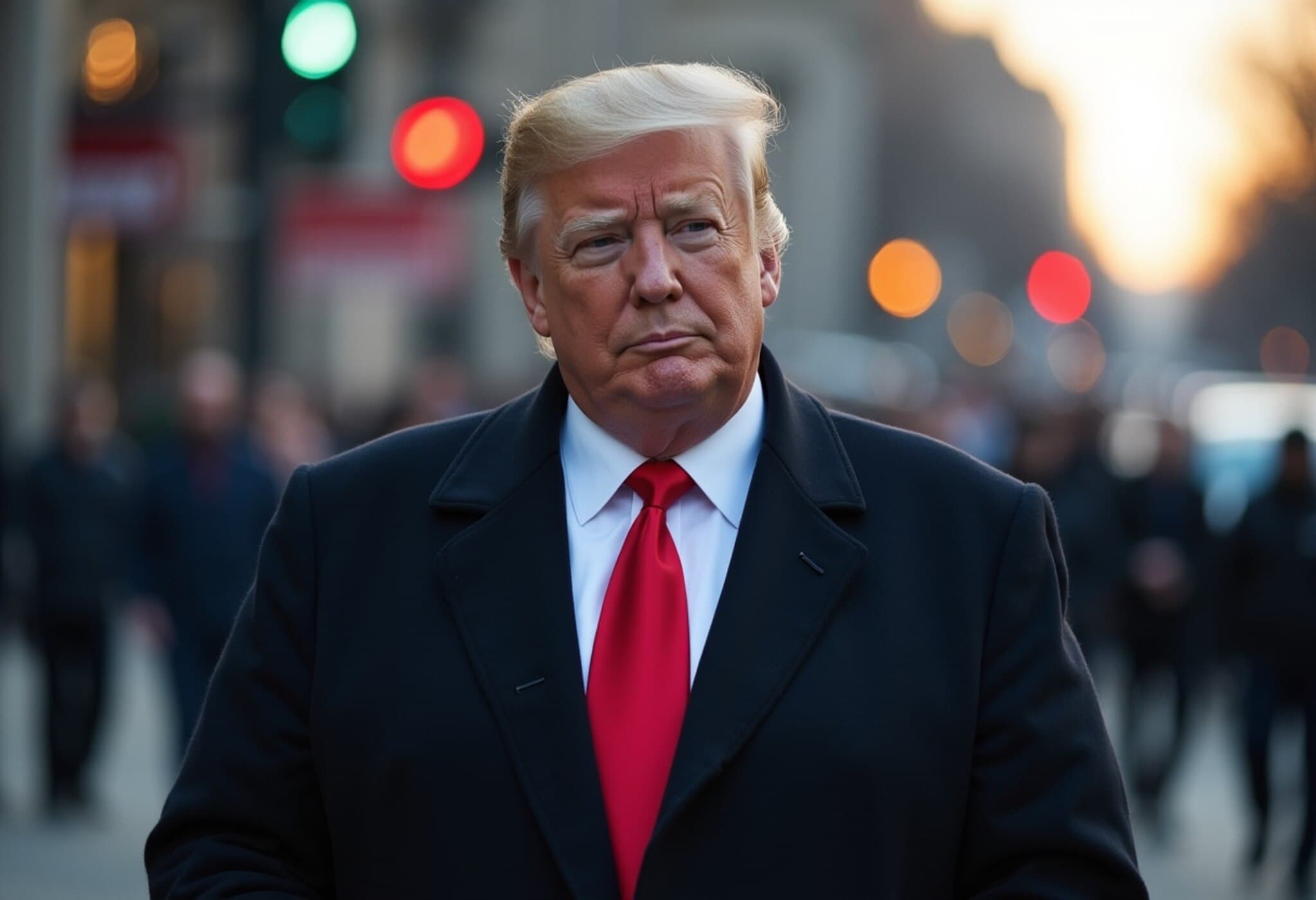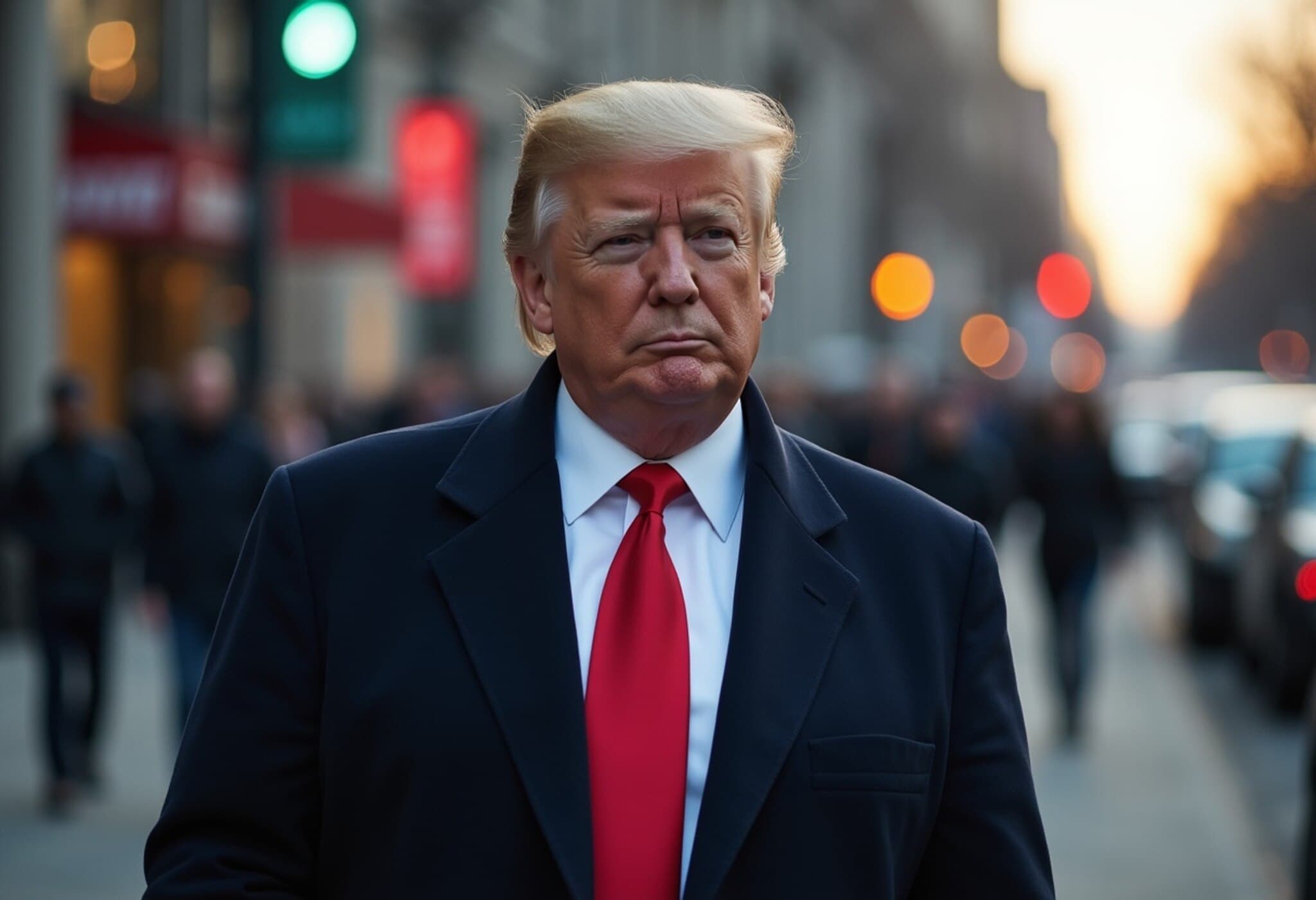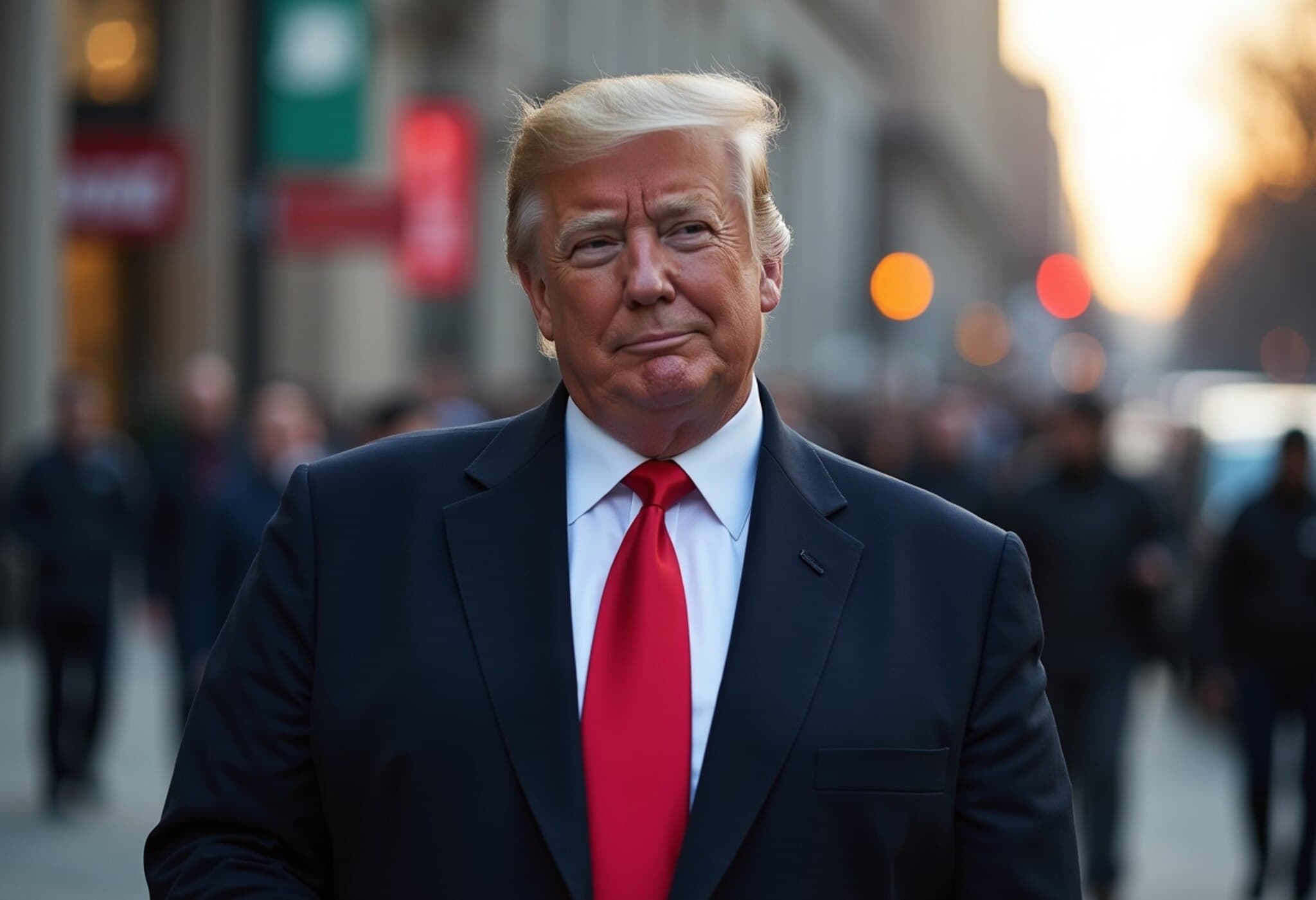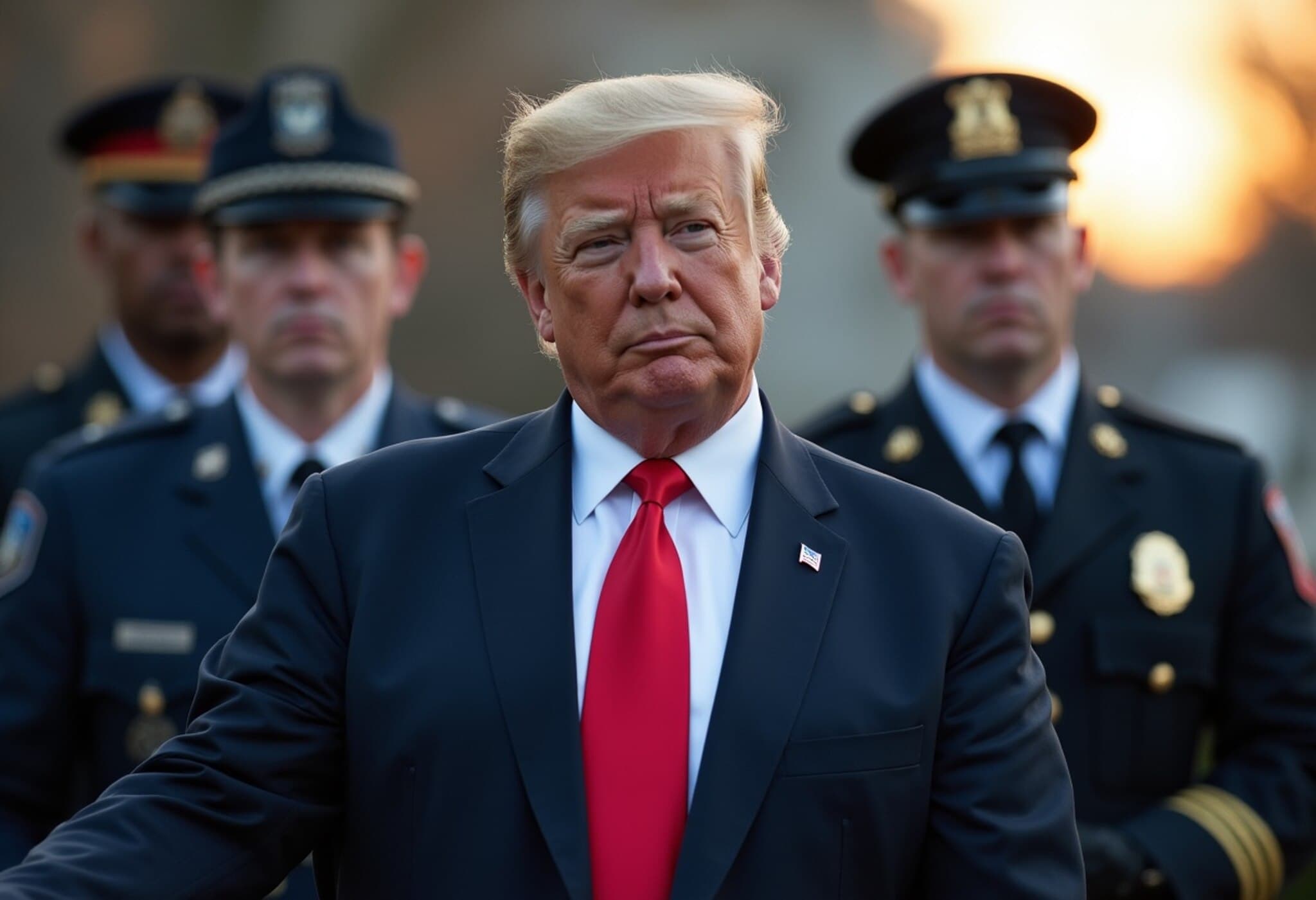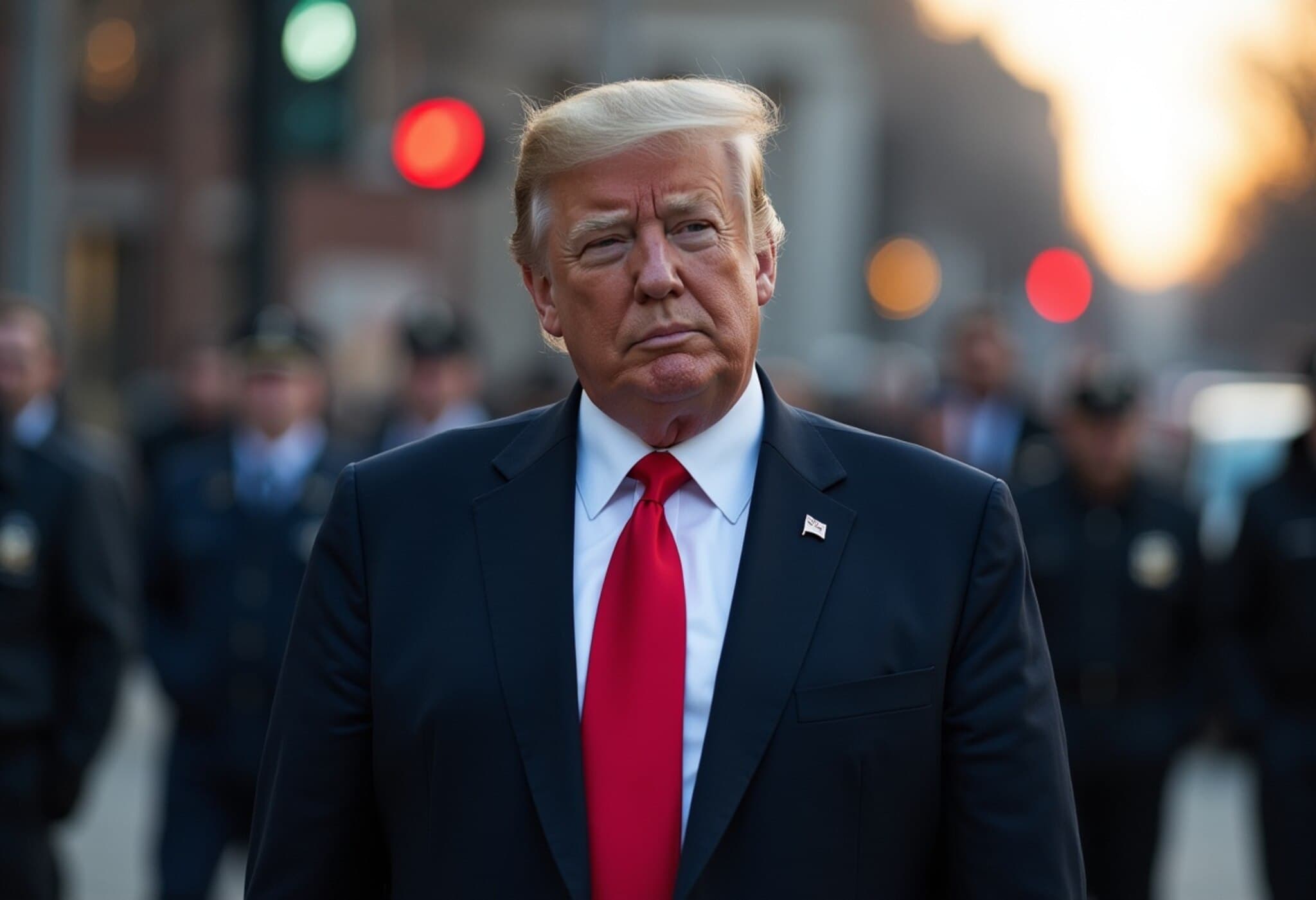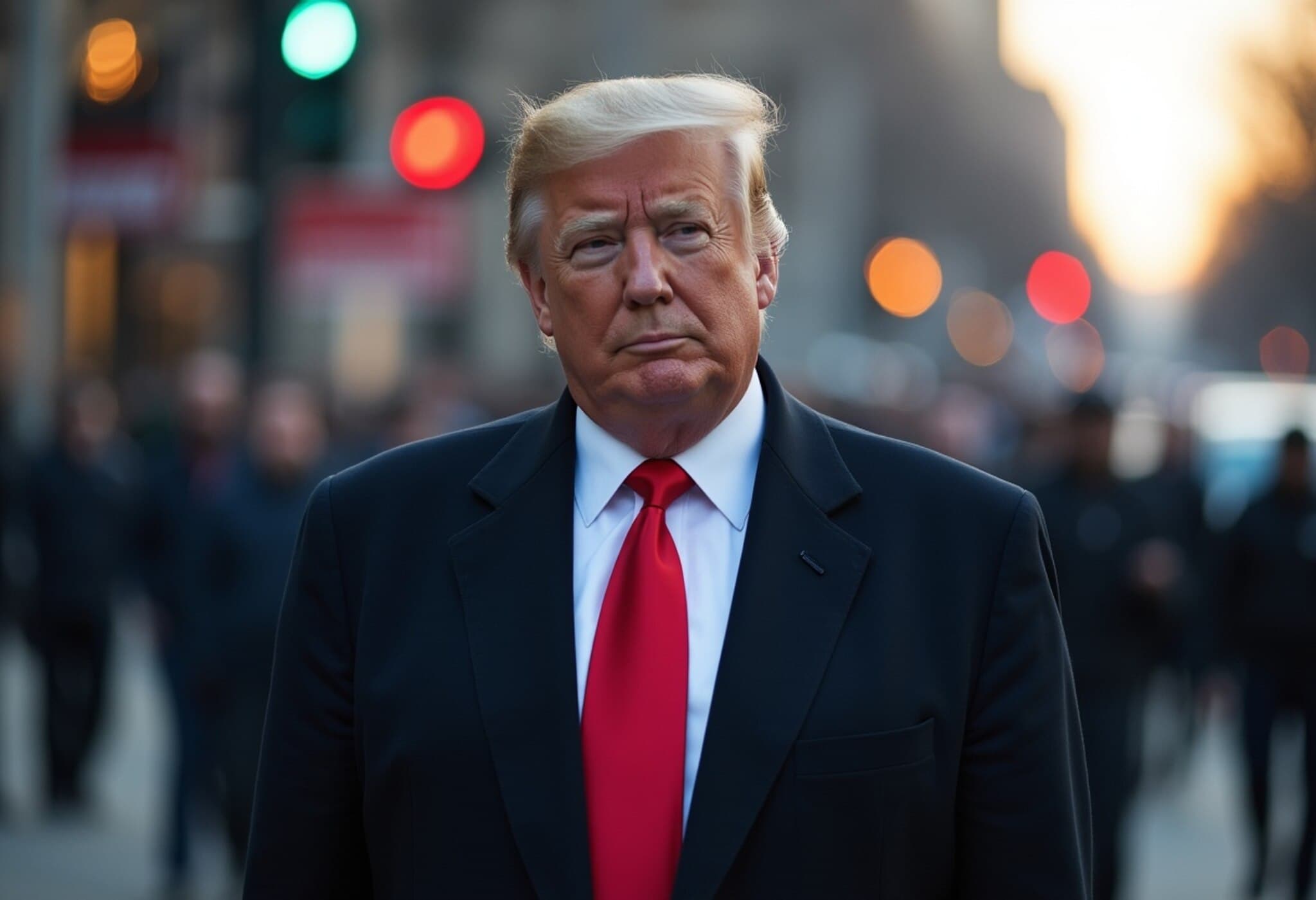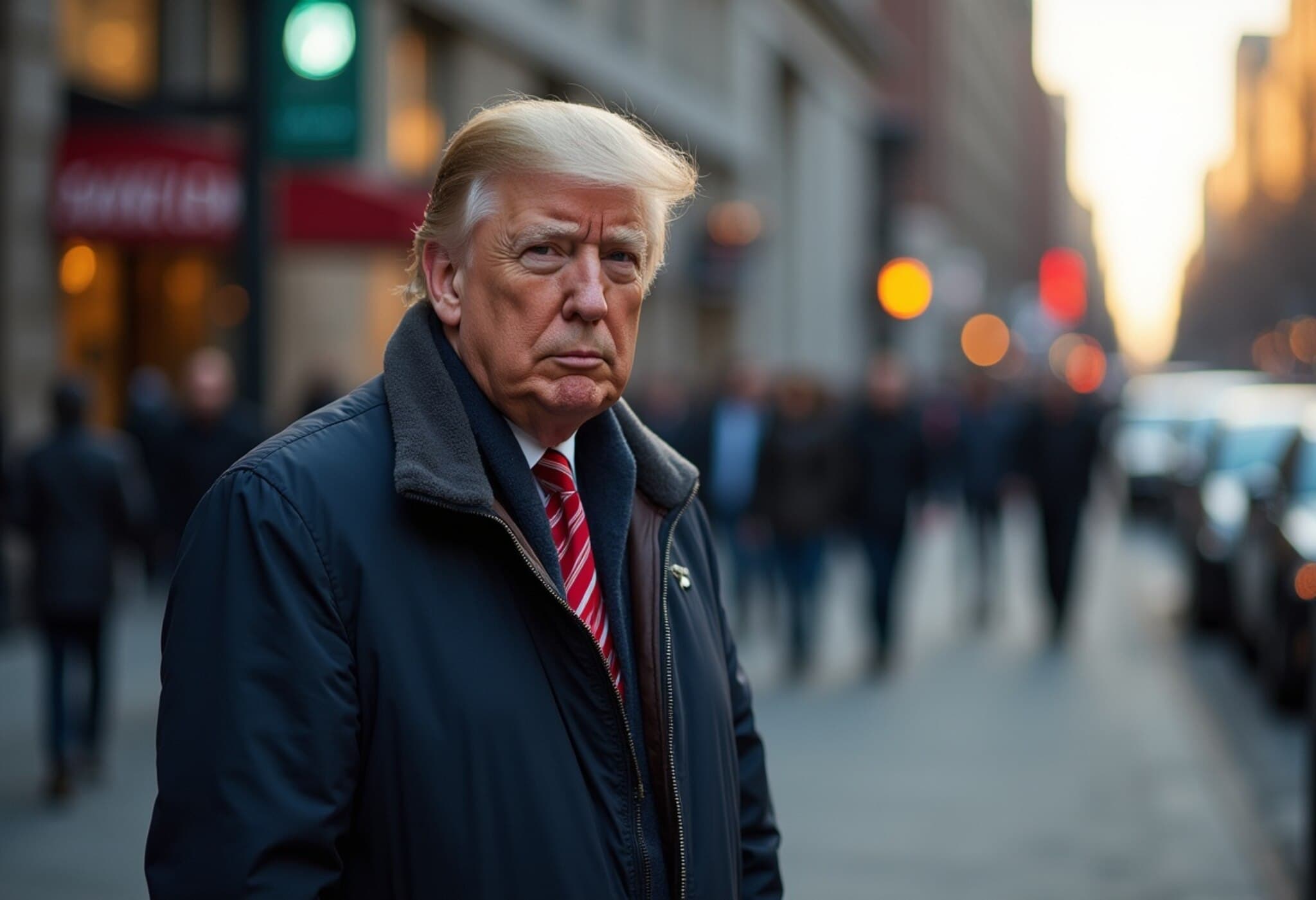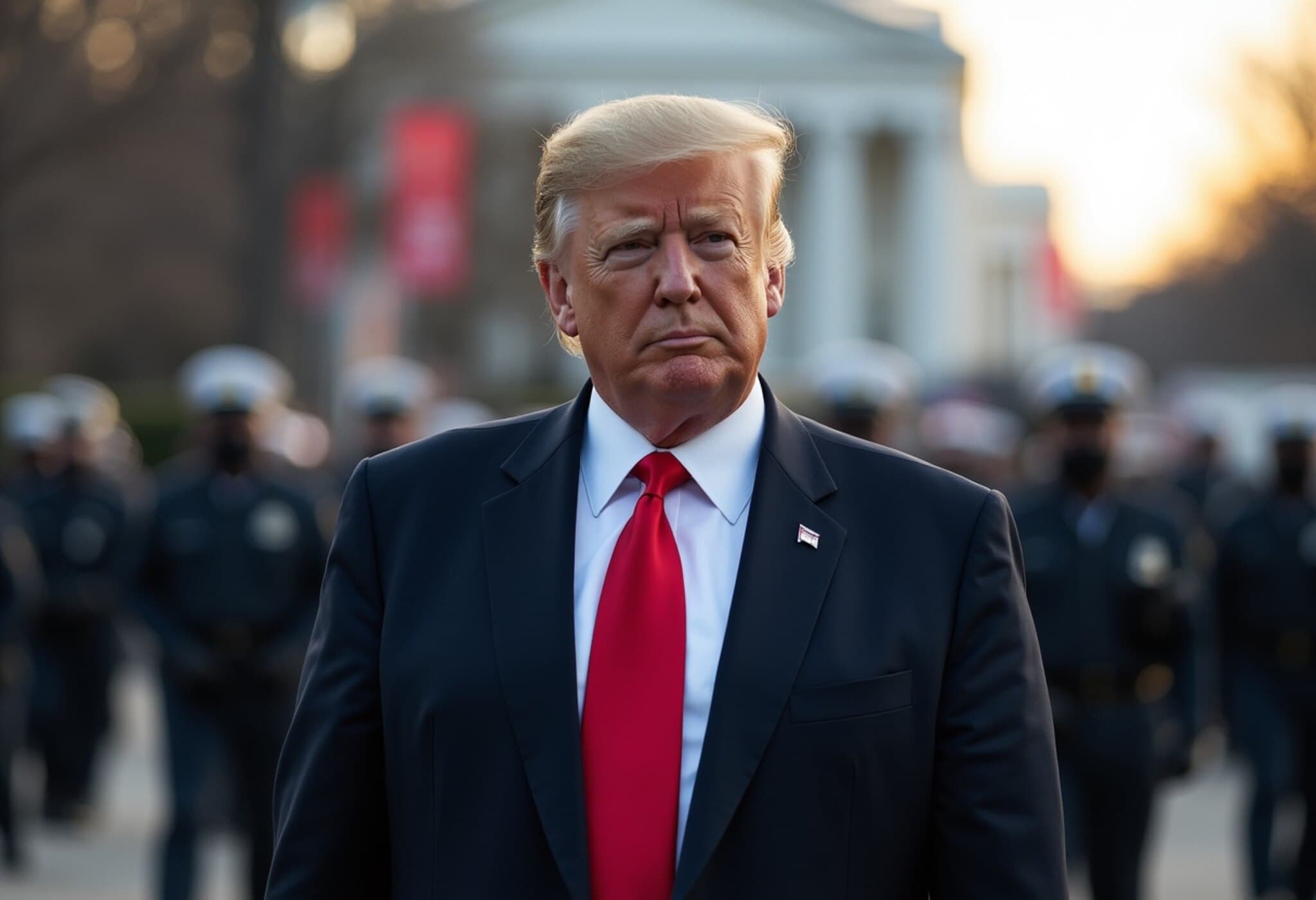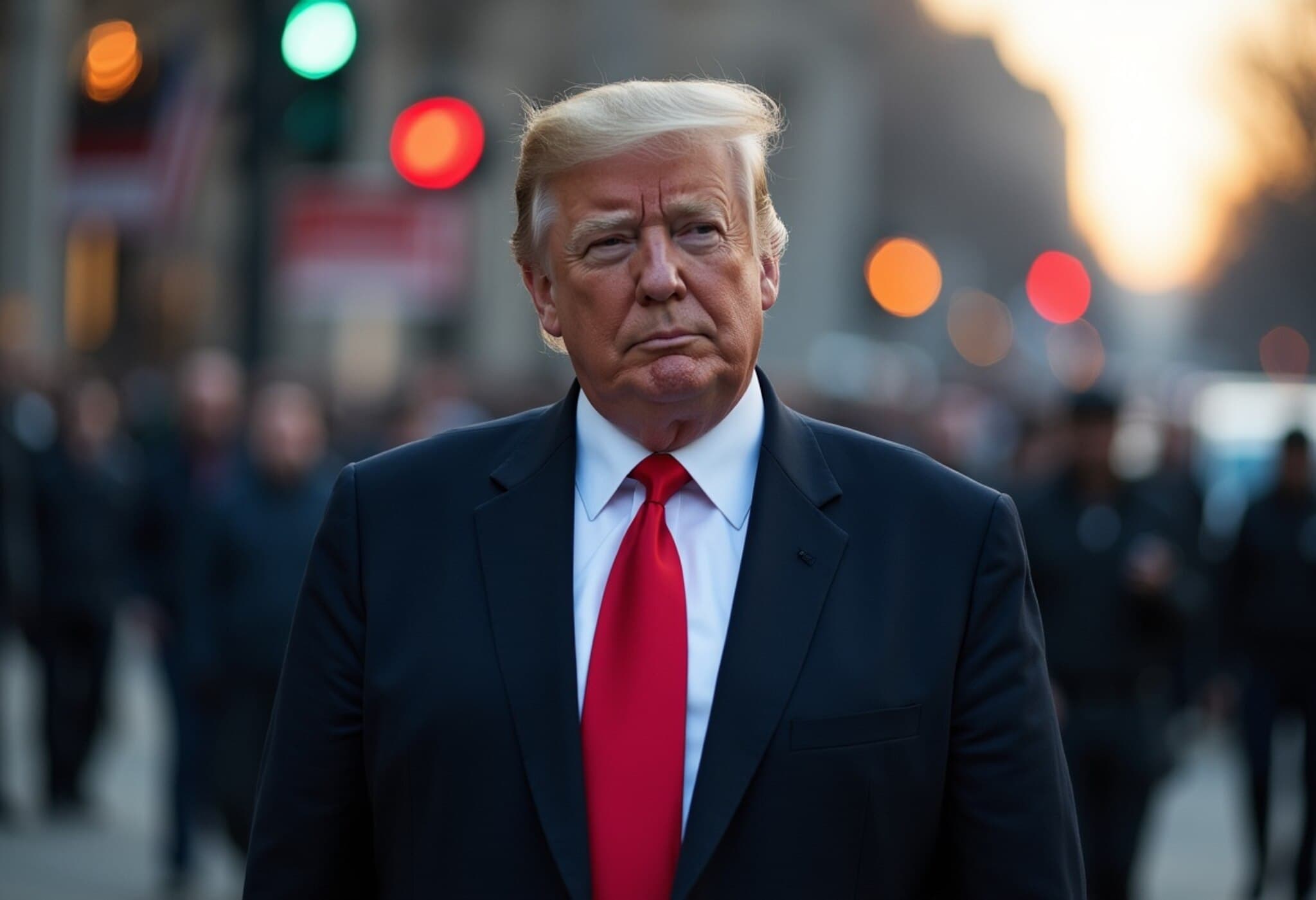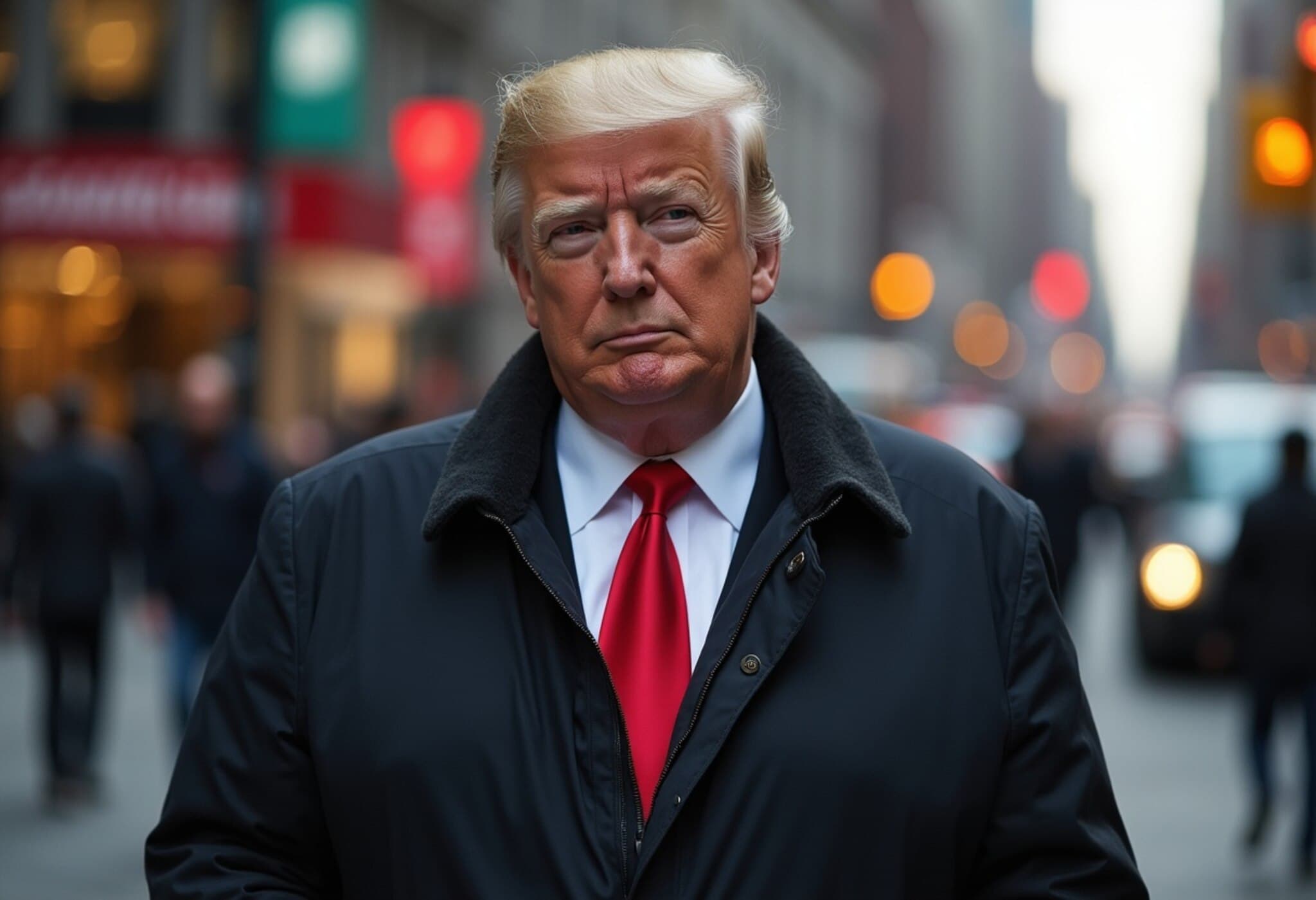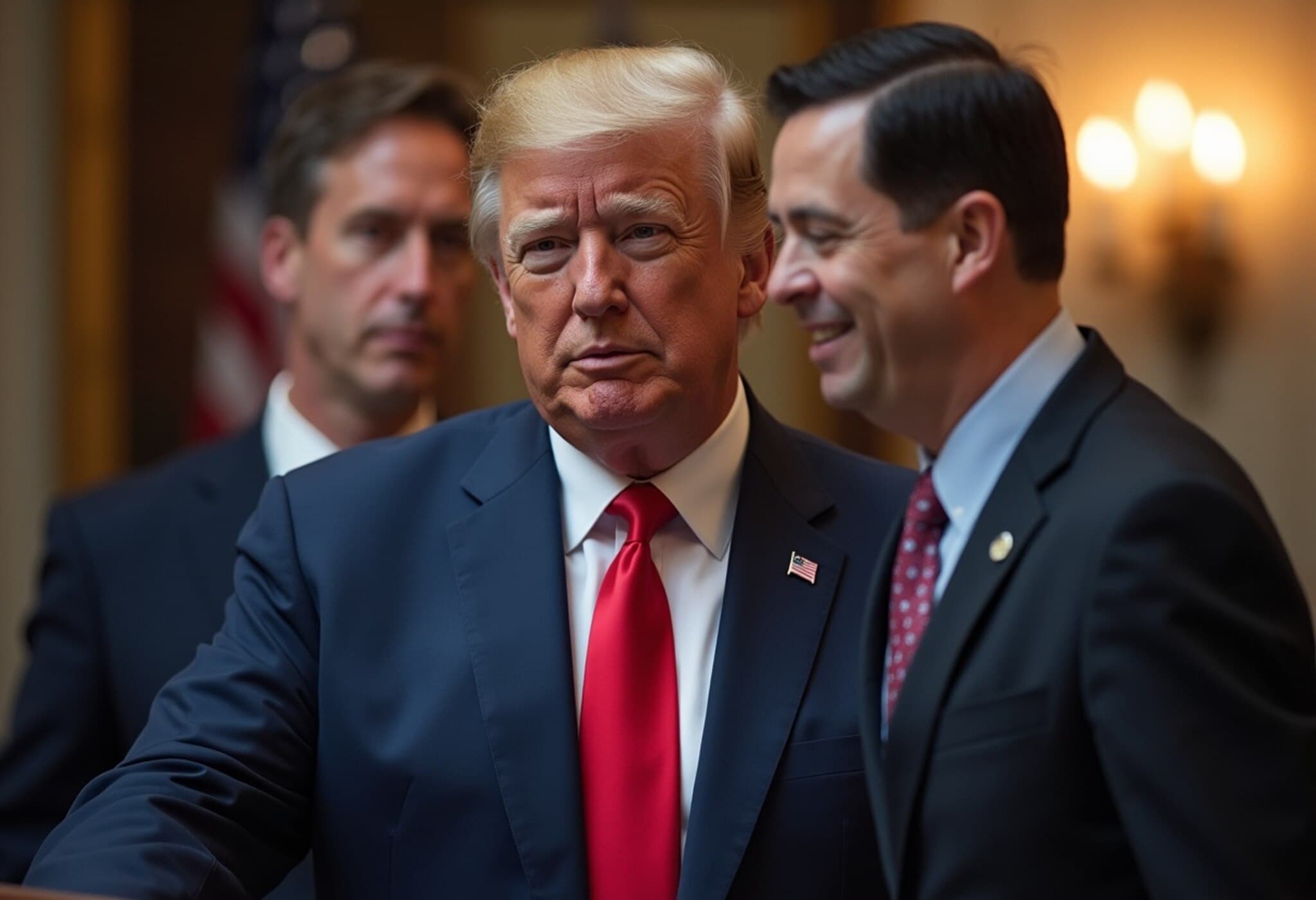President Trump Signals Federal Intervention in Washington, DC Amid Crime Surge
In a recent upsurge of violent incidents in Washington, DC, former President Donald Trump has voiced strong condemnation and threatened federal intervention to curb what he described as an "out of control" crime wave. This call to action follows an assault on Edward Coristine, a former staff member of the Department of Government Efficiency, known by the nickname "Big Balls," who was severely beaten during a carjacking attempt by a group of teenagers in the city’s Logan Circle neighborhood.
Escalating Crime Sparks Calls for Tougher Juvenile Justice Policies
Trump’s comments emphasize a hardline approach toward juvenile offenders, urging lawmakers to amend DC’s criminal statutes to prosecute minors as adults starting at age 14. Reflecting a broader national debate on juvenile justice reform, this stance spotlights tensions between public safety concerns and juvenile rehabilitation ideals.
"They are not afraid of law enforcement because they know nothing ever happens to them, but it’s going to happen now!" Trump declared, underscoring his frustration with what he perceives as leniency toward youthful offenders. He further stressed the importance of restoring safety and order to the nation's capital, emphasizing its symbolic role for America and the world.
The Incident: A Closer Look at the Assault on Edward Coristine
Early Sunday morning around 3 a.m., Edward Coristine was walking with a woman when a group of approximately a dozen youths approached their vehicle, attempting a carjacking. According to a Metropolitan Police Department report, Coristine urged the woman to remain in the car for her safety and confronted the attackers. In the ensuing scuffle, Coristine was violently beaten until police officers on patrol intervened, prompting the assailants to flee on foot.
Law enforcement swiftly acted, arresting two 15-year-old suspects from neighboring Maryland on charges related to unarmed carjacking. The police's response reflects ongoing challenges in policing juvenile crime in the DC metropolitan area.
Tech and Political Figures Join the Call for Federal Action
Elon Musk, a prominent entrepreneur and former head of the DOGE project, echoed Trump’s sentiments on social media platform Truth Social. Musk shared a screenshot of Trump's post, adding his perspective: "A few days ago, a gang of about a dozen young men tried to assault a woman in her car at night in DC. A @Doge team member saw what was happening, ran to defend her and was severely beaten to the point of concussion, but he saved her. It is time to federalise DC."
The call to "federalize" DC taps into a longstanding debate over the city's governance structure, which lacks the same local legislative powers as states due to federal oversight. Proponents argue that federal intervention can bring additional resources and coordination to tackle crime, while opponents raise concerns about local autonomy and democratic representation.
Contextualizing the Debate: Juvenile Justice and Federal Authority
The controversy around prosecuting juveniles as adults is not new. Legal experts and child psychologists often caution against overly punitive measures for young offenders, citing potential long-term harm and lower rates of recidivism with rehabilitative approaches. However, rising public frustration over violent youth crime, particularly in urban centers, fuels demands for stricter policies.
Moreover, the prospect of the federal government exerting greater control over DC taps into complex constitutional and political questions. Unlike any other US city, DC’s unique status as a federal district has prompted periodic debates about governance, home rule, and congressional oversight. This incident and subsequent reactions underscore the tensions between local governance and national priorities for public safety in the nation’s capital.
What’s Next for Washington, DC?
- Legislative Prospects: Whether DC lawmakers or Congress will consider altering juvenile justice policies remains uncertain amid competing views.
- Community Impact: Residents express mixed feelings—concerned for safety but wary of federal overreach in local matters.
- Law Enforcement Strategies: Police departments face increasing pressure to balance enforcement with community trust.
The assault on Edward Coristine serves as a flashpoint in broader efforts to reimagine public safety and justice in urban America.
Editor’s Note
This incident puts a spotlight on Washington, DC’s ongoing struggles with juvenile crime and governance challenges. As federal and local officials consider responses, the debate raises critical questions about balancing firm crime deterrence with fair, age-appropriate justice, and the limits of federal intervention in the capital city. Observers should watch closely how this tension shapes policies in 2025 and beyond, reflecting wider American debates over public safety, youth justice, and democratic governance.

